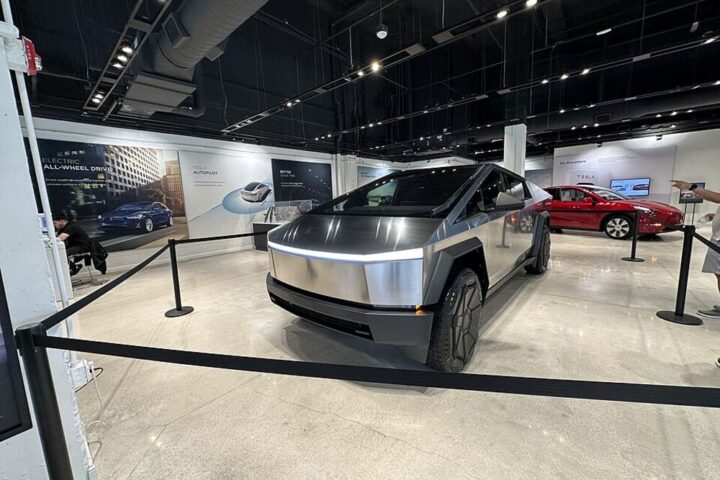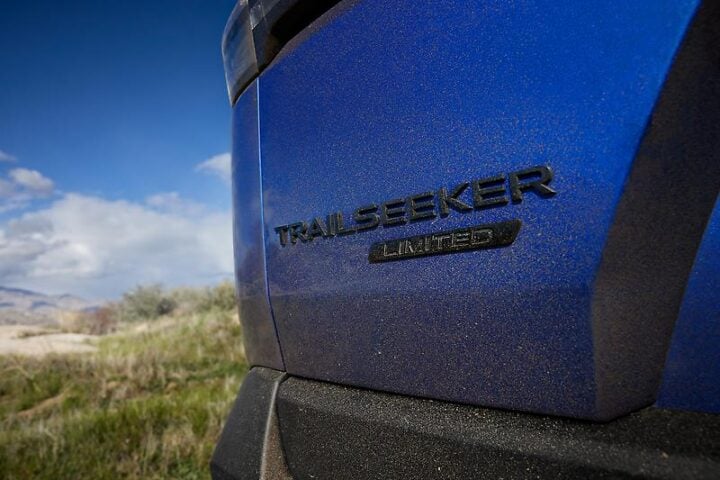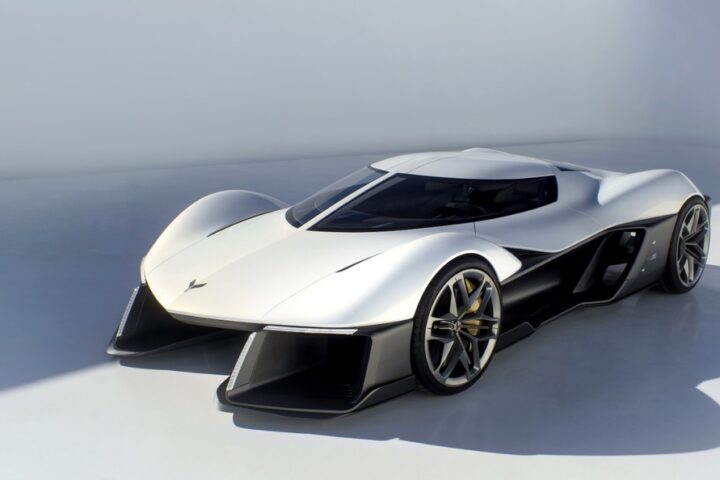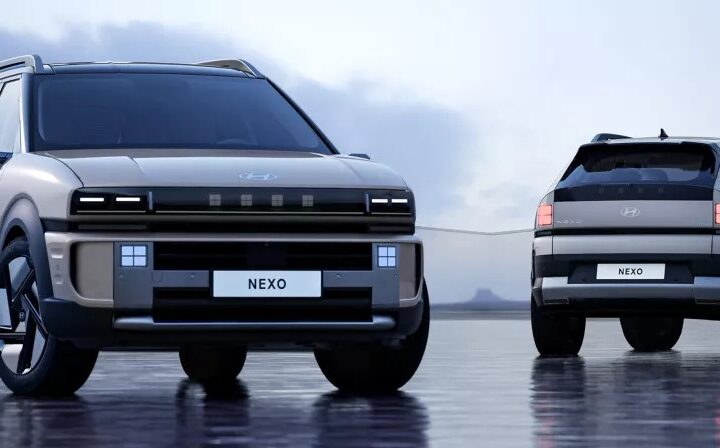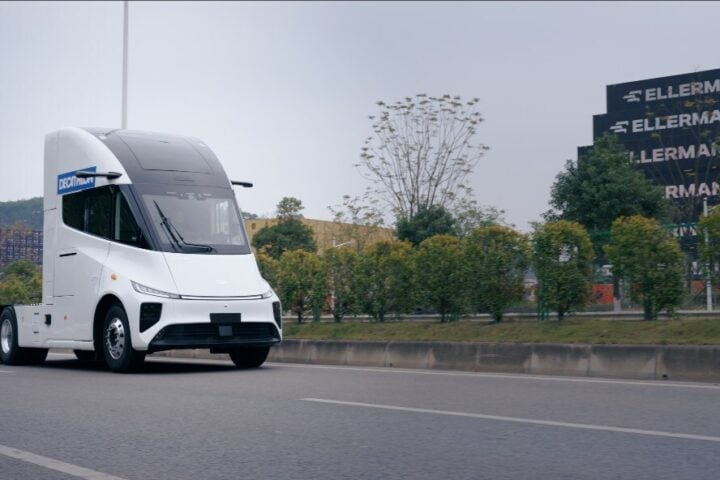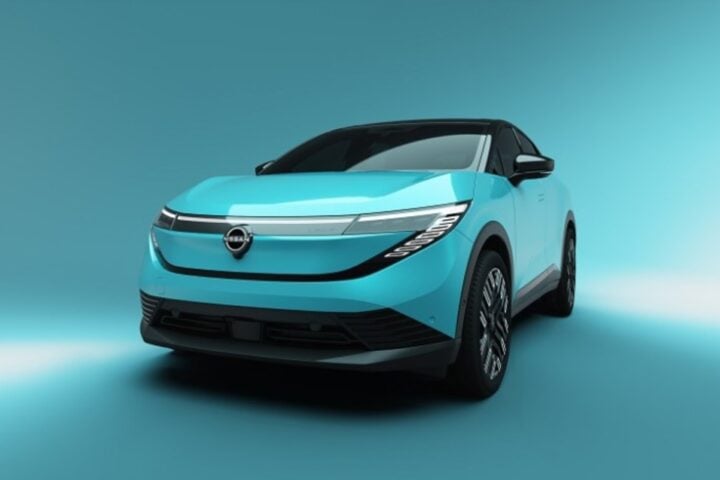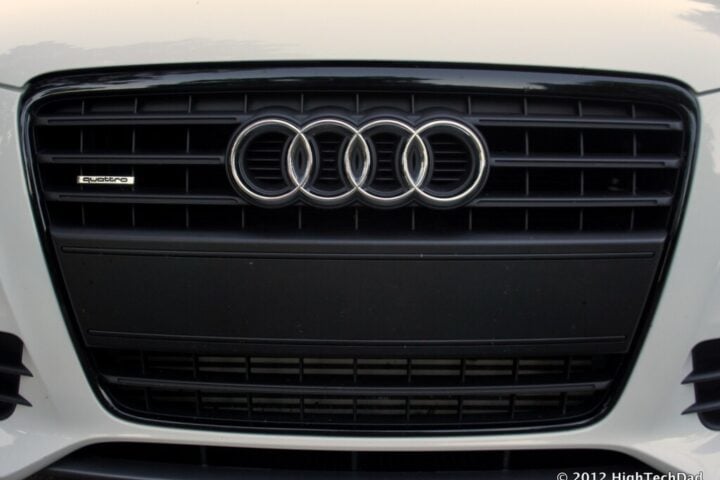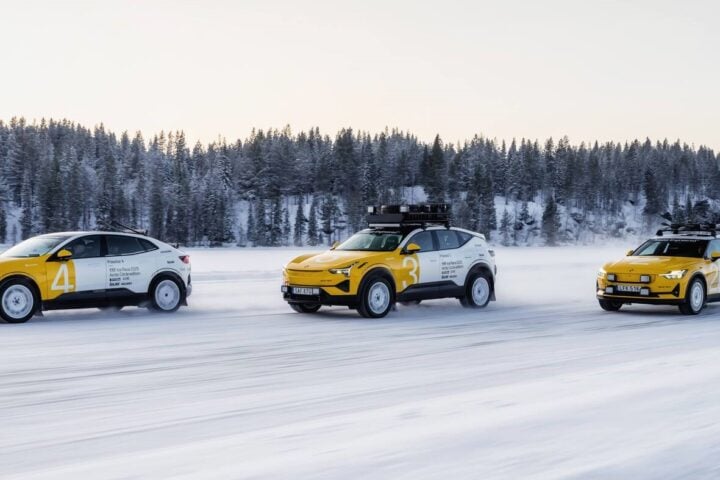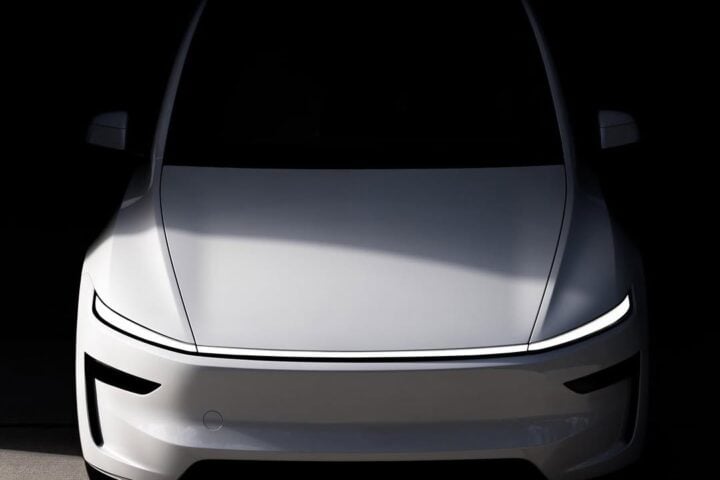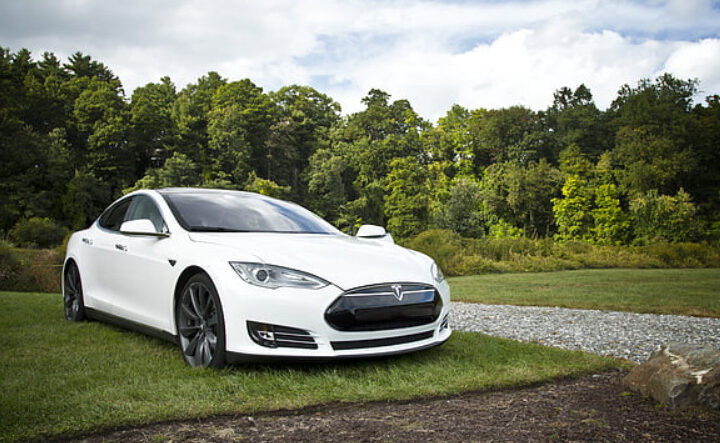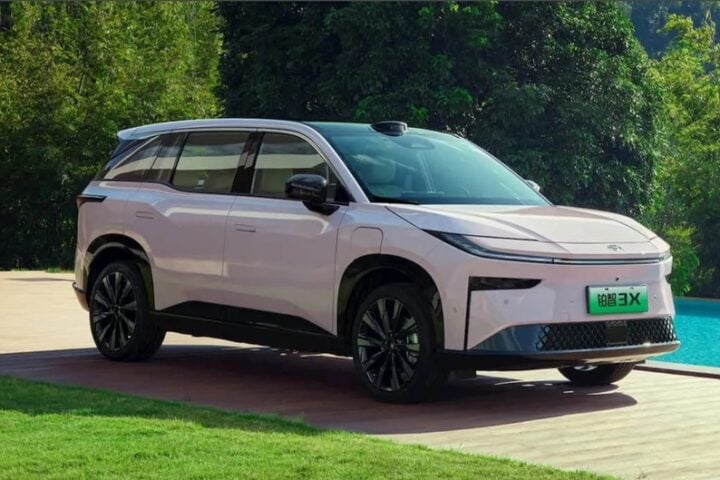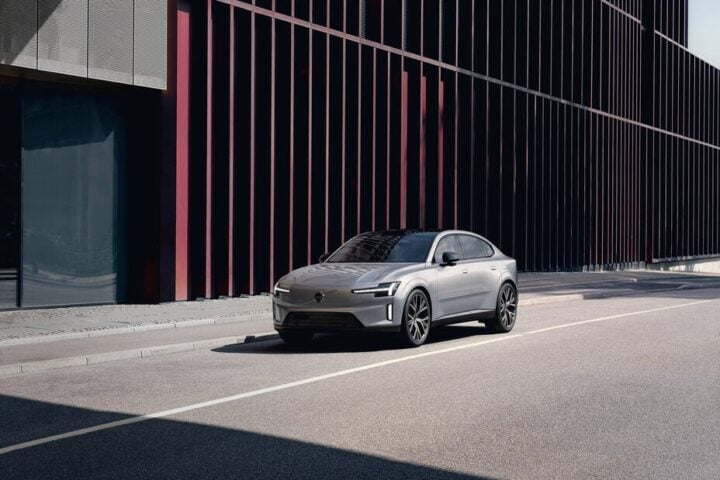Preparations are on to release the Polestar 3 SUV by Swedish EV-maker Polestar, which is backed by Volvo & China’s Geely. The electric SUV was showcased at an event in New York City as part of its roadshow for the model. The Polestar’s biggest product release will be in the form of the Polestar 3, posing a challenge to competitors like Tesla’s Model X, Mercedes-Benz’s EQS SUV, & BMW’s i3.
The Polestar 3 will be produced at the Volvo plant in Chengdu, China, from mid-2023 before switching to production for North America & other markets in mid-2024 at Volvo’s plant in Ridgeville, SC. An “asset-light” business model is being used by Polestar to build its cars at existing plants owned by Volvo & Gelly.
A more enclosed cockpit-style layout is featured on the Polestar 3, mixing with a bit of Scandinavian minimalism. Polestar 3‘s information system is based on Android Automotive & centered around a big 14.5-inch touchscreen with Google Map as the default navigation system. The design of the Polestar is more aggressive than the Ex90, thanks to dual wings, a front splitter, big wheels, & a new two-bladed version of the company’s signature Thor’s Hammer headlights.
Thomas Ingenlath, Polestar’s CEO, said the Polestar 3 is an important product in the premium SUV segment. The platform used to build the Polestar is the same as the Volvo Ex90, but with significant changes to differentiate the two. There are two rows of seats in the Polestar, which has a more spacious cabin, despite its relatively low roofline.
Automatic lane-keeping, blindspot detection, & a passenger detection system are the features of the Polestar. The driver is warned by the passenger detection system if a child or pet is left in the car, & will prevent the car from being locked & maintain a safe climate. The headlights of the Polestar 3 feature a 1.3-megapixel DLP sensor that allows the car to adjust its beams to suit the driving conditions.
According to Polestar, the 3 will have an optional Pilot Pack that includes a LiDAR sensor from Luminar & an NVIDIA Drive Orin chip, which will support some level of autonomous driving capabilities. Started as a racing team, Polestar became a performance tuning division for Volvo before becoming its own brand in 2017.



